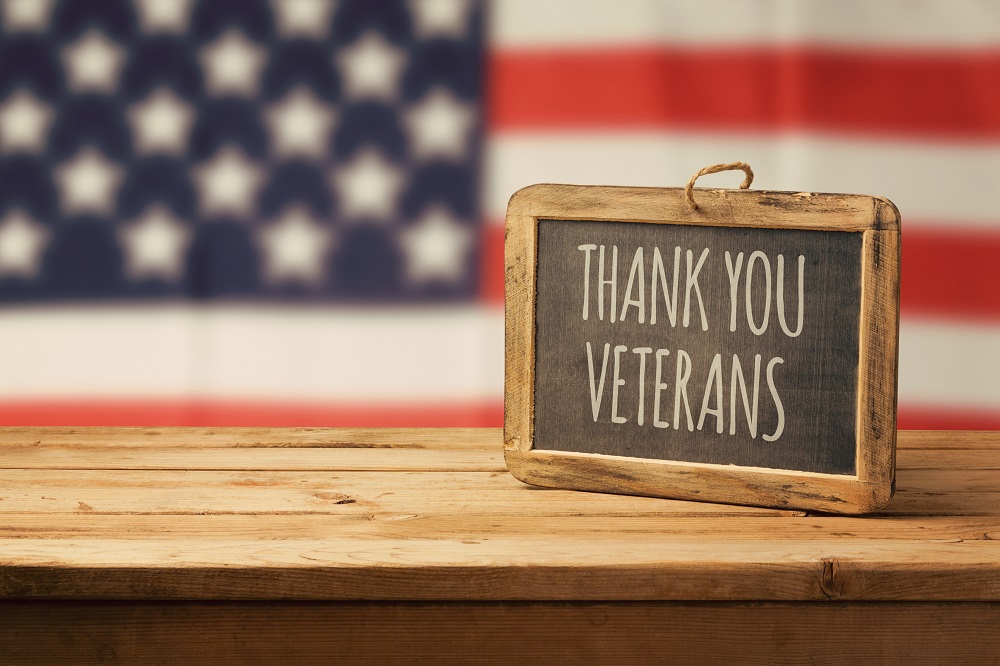On November 11, the United States honors those soldiers who have fought for their country in military service. Across America, ceremonies are held to commemorate the efforts of our armed forces past and present, and to remind us of both the strength and the compassion of our country.
The following resources from NCTE and ReadWriteThink.org provide some ways to consider addressing the ideas behind Veteran’s Day in your classroom.
In “Love of War in Tim O’Brien’s ‘How to Tell a True War Story’” from ReadWriteThink.org, students explore the theme of love of war through texts on camaraderie among soldiers. They then compose a visual collage depicting their beliefs about the relationship between love and war. Tim O’Brien in the Classroom from NCTE focuses on opportunities for classroom discussion and writing assignments, including lessons, open-ended prompts, and student writing samples.
The ReadWriteThink.org calendar entry on Veteran’s Day invites students to write biographical poems about a soldier. This idea is taken a bit further with the Voices from the Middle article, “Poetry and World War II: Creating Community through Content-Area Writing.” Several strategies and approaches to writing poetry are highlighted including list poems, writing from photographs and artifacts, and two voice poems.
In “Reading the Literature of War: A Global Perspective on Ethics” from English Journal a high school teacher reflects on how reading literature of war can open students’ eyes to the needs of others and help them understand the importance of humanitarian action.
In an effort to support and retain the increasing number of student veterans in two-year colleges and universities, “Renewing Our Commitment to Connecting to Student Veterans” from Teaching English in the Two-Year College provides strategies for instructors to engage student veterans in composition and literature classrooms.
The position statement “Student Veterans in the College Composition Classroom: Realizing Their Strengths and Assessing Their Needs” from the Conference on College Composition and Communication asserts that “learning about the military, war and combat, and servicemembers’ experiences [can actually] complement a campus’s broader commitment to diversity and social understanding” (Rumann 31).
“‘An Ethical Obligation’: Promising Practices for Student Veterans in College Writing Classrooms” shares results of a Conference on College Composition and Communication (CCCC) Research Grant.
How do you honor veterans in your classroom and community?

